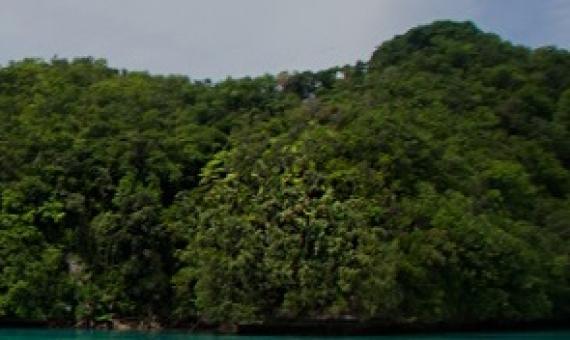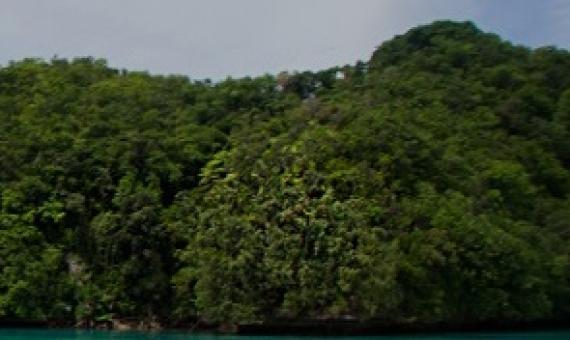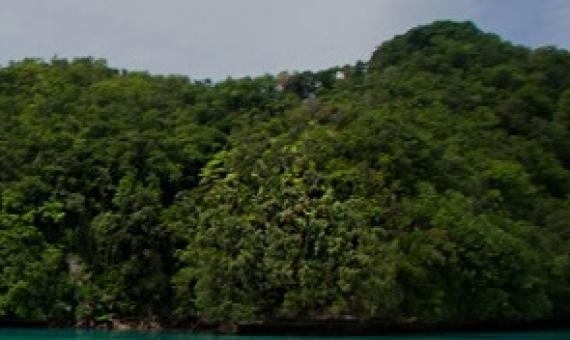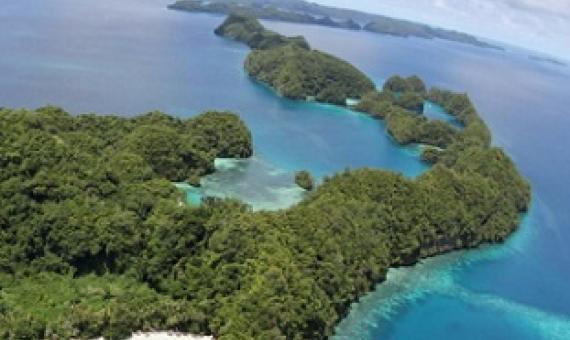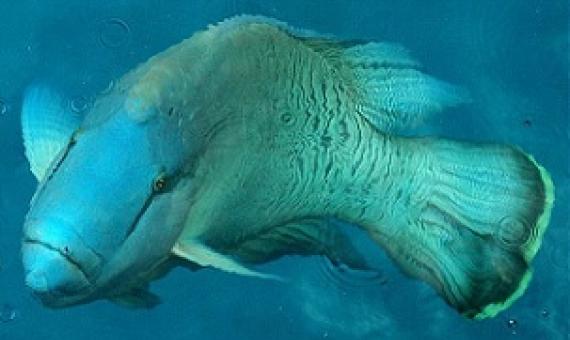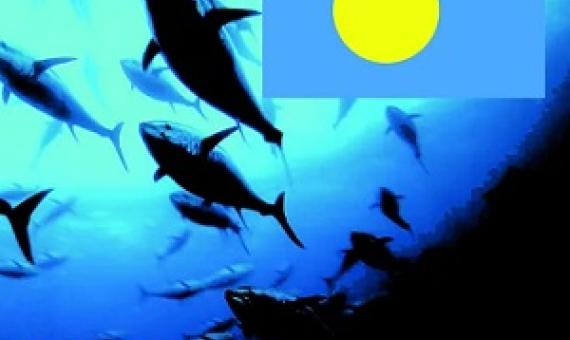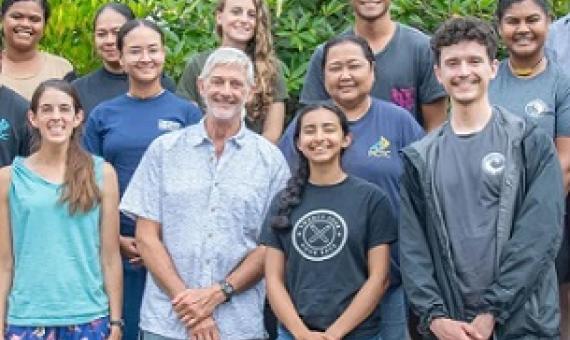Amid challenges heightened by the COVID-19 pandemic and discussions about the possibility of opening its marine sanctuary, which currently protects 80% of its waters, the Palau Government unveiled a bold objective: to manage 100% of its exclusive marine economic zones (EEZ), employing Marin
A Newcastle University-led study focused on the Pacific Island nation of Palau and has shown that historic increases in the thermal tolerance of coral reefs are possible.
Who’s setting the agenda? Philanthropic donor influence in marine conservation
We are in a period of unprecedented growth in conservation philanthropy. How will this influx of private funding affect conservation agendas? Inspired by a collaborative research co-design process, this paper addresses questions about how foundations influence conservation agendas in the places they work. We draw from a case study of the world’s largest philanthropic funder of marine conservation, the David and Lucile Packard Foundation and their 20 years of investment in marine conservation in Palau and Fiji.
Palau’s World Heritage-listed Rock Islands Southern Lagoon is one of the pilot sites of our Resilient Reefs Initiative – a global climate change program helping reefs and communities adapt to the impacts of climate change and local threats.
Lessons from Palau to end parachute science in international conservation research
Conservation science is having a reckoning with “parachute science”. In the parachute science model, scientists drop into a foreign country with preconceived notions, seeking to validate their assumptions without genuine engagement with local people, ideas, epistemologies, methodologies, and knowledges, and leave without giving back to the place from which they extracted. This model lacks integrity and produces dubious results with little value to local populations and can even undermine local efforts.
The tiny tropical archipelago of Palau feels enormous responsibility for the health of the ocean. It now compels all who visit it to share this as well.
A recent study shows that the Maml population in Palau has declined despite the total ban on the harvesting, possessing, and selling of Maml (Napoleon Wrasse) and Kemedukl (Bumphead Parrotfish).
The Palau Council of Chiefs commended President Surangel Whipps Jr.
“Restoring coral reefs is an increasingly important strategy used to combat the impacts of climate change,” said author Dr. Yimnang Golbuu, CEO of PICRC.

